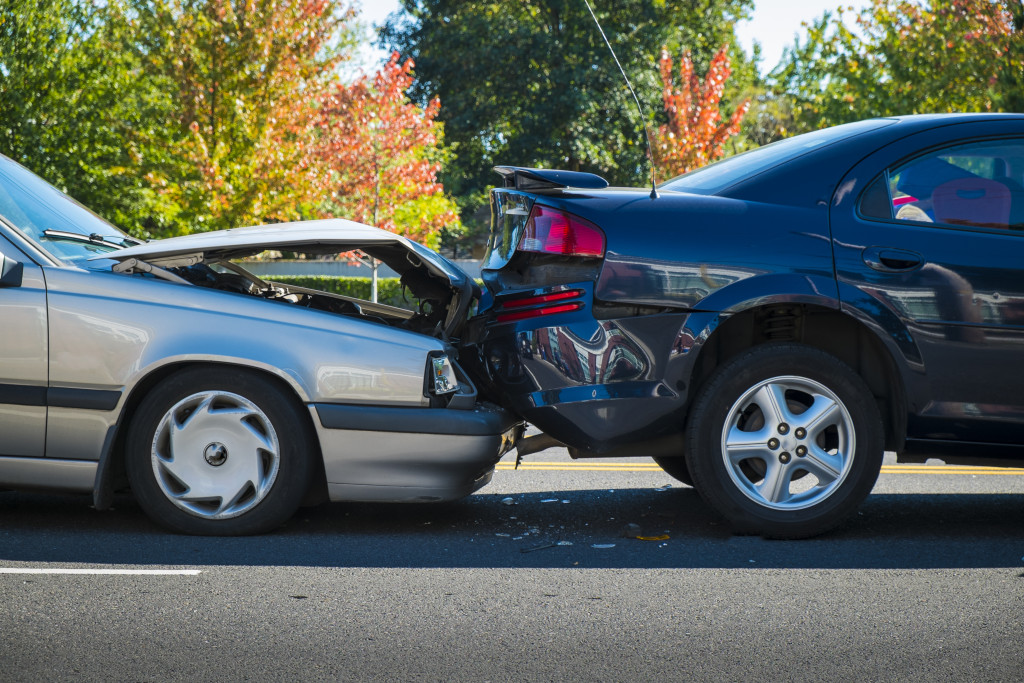On average, over six million vehicle accidents happen in the U.S. every year. Although the majority of these cases involve only vehicle damage, one in three accidents leads to personal injury to the driver and passengers. In a report released by the U.S. Department of Transportation, there were 33,244 recorded fatal vehicle crashes in 2019 with 36,096 deaths incurred. Many factors contribute to these figures, including the travel speed, weather, traffic laws, rates of licensure, and vehicle driven.
Given the extent of the property and personal damages by the vehicle-related incidents, companies and private individuals are taking legal steps to compensate for the losses involved. One example is hiring a personal-injury lawyer for truck drivers. These legal professionals represent truck drivers in work-injury compensation issues and preserve their rights as employees.
There’s a lot of uncertainty, fear, and confusion involved in a personal-injury accident. People involved are often caught in a state of daze and unsure of the right steps to take to build a strong case against the responsible party and protect their health and safety. If you plan to file a lawsuit, it’s important to know the critical steps you should take to maximize your chances of getting a favorable legal outcome.
Seek medical treatment first
Whatever happens at the scene of the accident, your safety always comes first. If you or someone sustained injuries after an accident, the first and the most important thing to do is seek medical attention. If it’s an emergency, call an ambulance immediately.
Even if you’re in good shape after an accident, seek medical care because the doctor will assess the severity of the injuries. Sometimes, the injuries from an accident don’t easily show up and may take a few days or weeks to develop. This is because the adrenaline released by the body is responsible for your inability to experience pain after a crash. Also, some injuries, particularly traumatic brain injuries, have latent symptoms, but a medical professional will easily catch this through a series of examinations.
Seeking immediate medical treatment will increase the chances for a full recovery. The medical records and documents involved in the treatment will also serve as your evidence about the damages caused by the accident. Remember, forming a connection between the accident and injury is a critical part of filing a personal-injury claim.
Once the doctor has examined your injuries and provided recommendations of your treatment course, make sure to seek treatment and request extra copies of your medical records for your lawyer. These include admission records, doctor’s notes, X-rays, CT scans, MRIs, medications, and all medical bills.
Collect and preserve evidence
If you or your companion remained at the place of the accident, make effort to gather and protect evidence. Once victims leave the scene, the evidence will likely end up getting moved, altered, or cleaned up. That’s why it makes sense to gather whatever important information you can shortly after the accident while waiting for the ambulance and police.
Take mental notes of the factors that caused the accident and be attentive while making observations. A great tip is to write the important details, including the time and date it happened. Take photos of the scene, including the type of weather and current road conditions. If you delay all these steps, you’ll likely end up forgetting all the necessary details. Write all details as soon as the accident happened while the memory is still fresh.
Otherwise, if you experienced a shock after the accident and unable to remember the events of the accident, look for possible witnesses around the area. Ask them what they saw and what they can recall. Don’t forget to ask for their complete name and complete contact information so your lawyer can get in touch with them later. Also, check if there are any security or traffic cameras around the area and remind your lawyer to obtain the footage.
Avoid oversharing information
Most people have a habit of sharing personal information on social media, especially if it’s going to get a lot of attention. Some may even post details about any event and accident that happen to them and share all details with random strangers.
In case you got involved in a fatal accident, be careful about sharing information and limit the number of people who you tell your case. Keep the information between your family, your closest friends, your doctor, and your attorney. When discussing the accident with the police, exercise caution, stay objective, and refrain from making judgments. Remember that any careless action can be used against you in court.
The moments following an accident can be overwhelming and confusing. But whatever happens, it’s important to get your mind straight to avoid causing more problems in the long run. If you don’t know what to do in the event of a car accident, it’s important to get professional help from experienced legal counsel.
